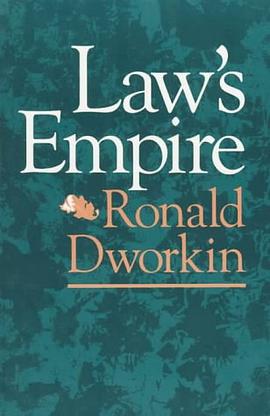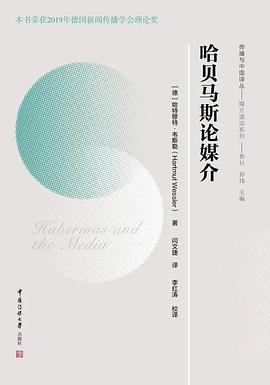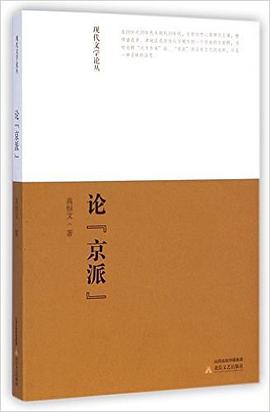Law's Empire
内容简介
With the incisiveness and lucid style for which he is renowned, Ronald Dworkin has written a masterful explanation of how the Anglo-American legal system works and on what principles it is grounded. Law's Empire is a full-length presentation of his theory of law that will be studied and debated--by scholars and theorists, by lawyers and judges, by students and political activists--for years to come. </p>
Dworkin begins with the question that is at the heart of the whole legal system: in difficult cases how do (and how should) judges decide what the law is? He shows that judges must decide hard cases by interpreting rather than simply applying past legal decisions, and he produces a general theory of what interpretation is--in literature as well as in law--and of when one interpretation is better than others. Every legal interpretation reflects an underlying theory about the general character of law: Dworkin assesses three such theories. One, which has been very influential, takes the law of a community to be only what the established conventions of that community say it is. Another, currently in vogue, assumes that legal practice is best understood as an instrument of society to achieve its goals. Dworkin argues forcefully and persuasively against both these views: he insists that the most fundamental point of law is not to report consensus or provide efficient means to social goals, but to answer the requirement that a political community act in a coherent and principled manner toward all its members. He discusses, in the light of that view, cases at common law, cases arising under statutes, and great constitutional cases in the Supreme Court, and he systematically demonstrates that his concept of political and legal integrity is the key to Anglo-American legal theory and practice. </p>
......(更多)
作者简介
......(更多)
目录
......(更多)
读书文摘
法律的存在是显明的事实。法律是什么绝不取决于它应当是什么。那么,为何律师和法官有时似乎对法律产生了理论争议呢?这是因为,他们貌似对法律是什么产生了理论上的争议,但实际上是对法律应当是什么有分歧。他们争议的实际上是道德和忠实问题,而不是法律问题。
It matters how judge decide cases. It matters most to people unlucky or litigious or wicked or saintly enough to find themselves in court.
......(更多)






